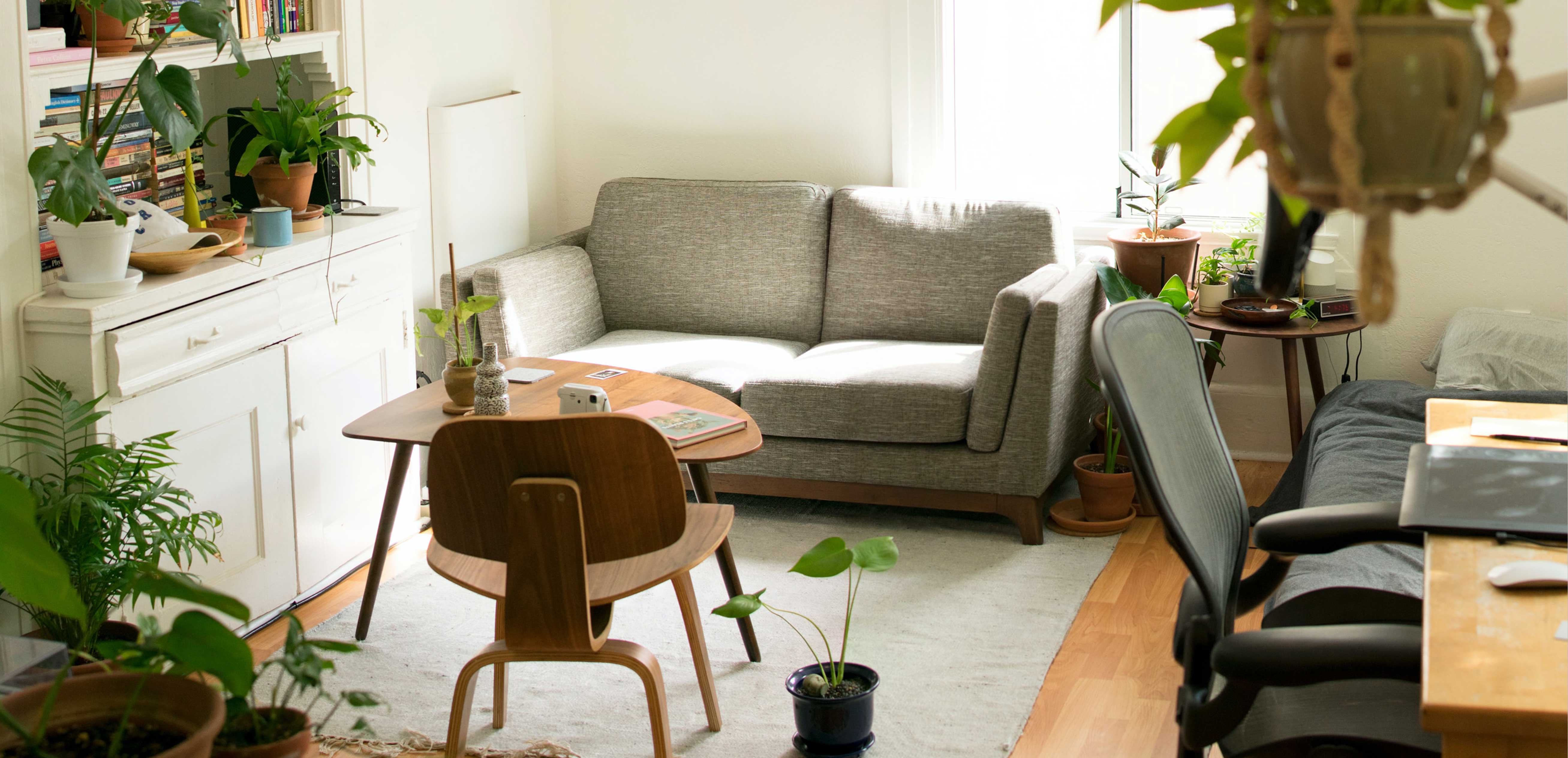A Renter’s Guide for Your First Apartment
By John Doe
Few things in life are as exciting or stressful as moving, especially if it’s your first apartment. It’s a big change that can stress you out and affect your mental and physical health. Don’t worry though, with a little preparation, moving to your first apartment can be a breeze. Our first time renter’s guide will help you prepare for your big move and take the stress and confusion out of moving into your apartment. Here’s everything you need to know about your first move.
Determine Your Budget
Before you do anything else, you need to determine your budget. There’s a lot that can go into the cost of an apartment, such as:
Security deposit
Pet deposit and/or ongoing pet fees
Utility costs
The security deposit may be as much as 2 months’ rent, so keep this upfront cost in mind when determining your budget. If you have a pet or desire to get one in the future, many places will charge a one-time pet deposit. It’s likely that your monthly rent may also be higher due to having a pet. Some properties include the cost of some utilities, but not all. They may include the cost of trash removal, but exclude the cost of electricity. Or they may include the cost of gas but exclude water. Keep in mind that utility companies can also have one-time setup fees for setting up a new service.Other rental fees you may incur include the cost of onsite parking, landscaping or maintenance fees, rental insurance, and fees for onsite laundry.So make sure you make both a monthly budget and budget for upfront costs. Determine what you can afford and if you can afford it alone. It’s possible you may decide to rent a new place with roommates or move into an existing roommate situation.
Choose a Location
Do some research on the city or neighborhood you want to move to. If you have friends or family there, you can ask them for their opinions on the area, but if not, it’s easy to conduct online searches and do your own research. Craigslist is one of the most popular sites to find apartments, but there are plenty of other options too.They say in real estate that location means everything. Often that refers to finding a location for your business, but a good location is equally important to yourself.How far is it from your work or school? For many, this is one of the most important questions they ask themselves when looking for a place to live.If you don’t mind a long commute, you may be able to live farther away from work or school and save money on rent. If you live in a location with reliable public transportation, you may be able to save even more money by using public transportation. Some other factors to consider:
The quality of nearby schools
Nearby entertainment options
Neighborhood safety
Access to grocery stores
Distance from hospitals and clinics
Other nearby amenities such as gyms or parks
It may be worth paying more for a location closer to work or home, especially if you value your time.
Fill Out a Rental Application
Once you have found a place, be sure to review the lease. If you have any questions, ask the landlord or property manager. Assuming everything else is fine, you’re ready to complete the rental application.Note that your landlord or property management company may require specific documents from you. In addition to filling out the rental application, they may want to see:
Proof of income (W2 or recent pay stubs)
Previous references
Social security number
They may want proof of your credit score or conduct a credit check of their own. If you have poor or no credit, they may want a rental reference letter. This letter is a recommendation from a previous landlord who can attest that you paid on time and kept the place tidy.Of course, since this is your first apartment, you won’t have a previous landlord to recommend you. That’s where a friend or former employer who knows you well can fill in and attest to your trustworthiness.In addition, some places may charge an application fee. To keep your costs down, only apply for places you are definitely interested in.
Prepare a Moving Checklist
Once you have officially signed a lease, it’s time to start packing in preparation for your move. To make things easier for you, make a checklist of the essentials you need to take with you. Then, make a list of new items you will need to stock your first apartment.Some essential items you may need include:
Bedding
Shower curtain
Clothes hamper
Toiletries
Trash can
Plunger
Pots and pans
Dishes
Cleaning supplies
First aid kit
Tool kit
You can worry about buying other items, like nonessential furniture pieces and decorative items later. Alternately, if you have existing pieces of furniture or other items you want to move in later, you can rent an affordable self storage unit. You can even shop at local thrift stores and yard sales for affordable art and furniture, and temporarily store it until your move-in date.As you begin the moving process, don’t forget to keep things organized. It’s much easier to stay on top of things with a little organization.
Making Your First Apartment Your Home
Moving can be exciting, but nerve-wracking. By being prepared, you can know what to expect ahead of time and can anticipate upfront and ongoing costs.In the meantime, if you’re in-between moves and need a temporary storage solution, Horizon Mini Storage can help. We can also help with long-term storage. Our climate-controlled units are perfect for year-round storage, especially if you have furniture, musical instruments, or other sentimental items.
When you’re ready, you can easily move your stuff out of storage and into your first apartment, making your apartment your home.Still, got questions? Shoot us a message.
Bio
Bio Details

